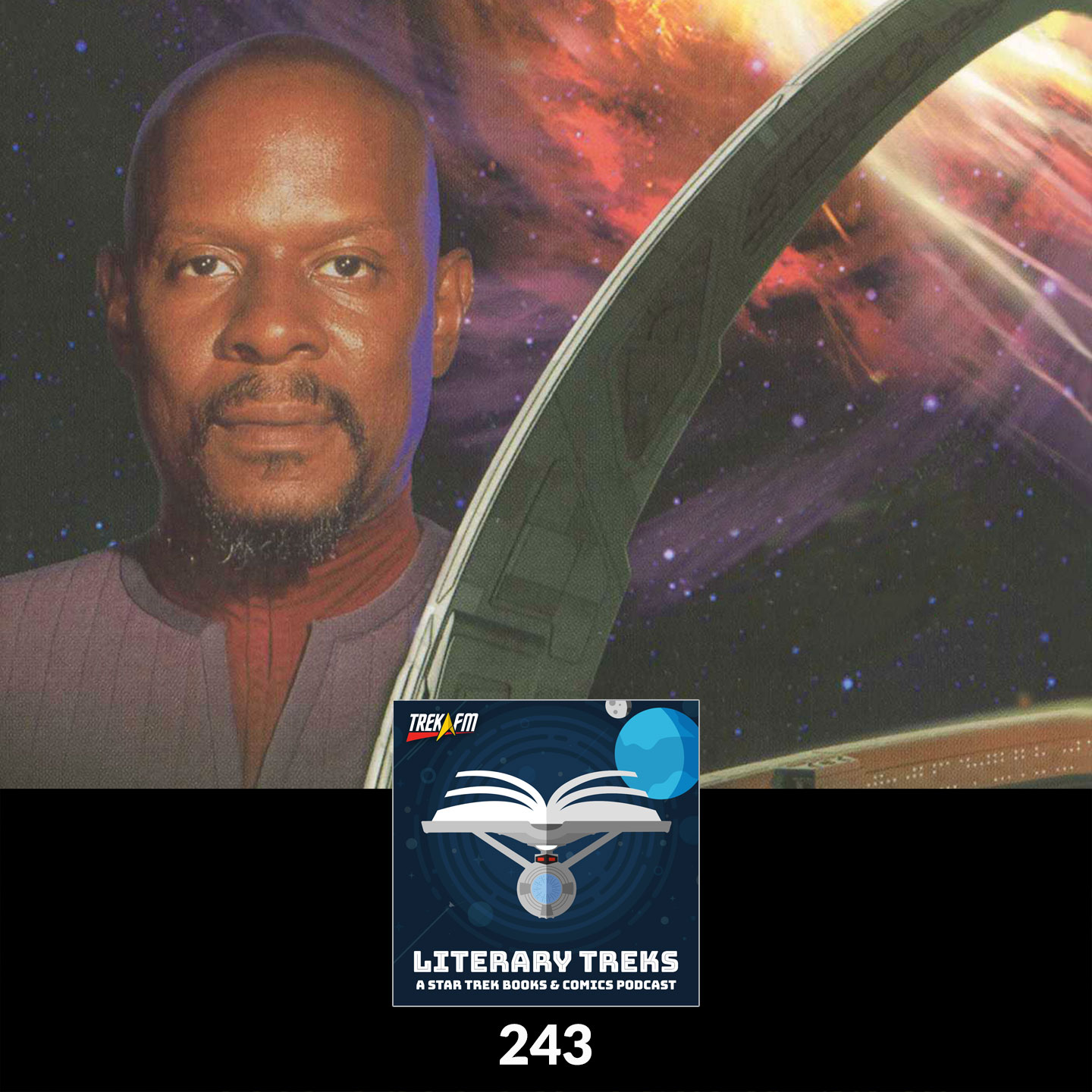Ep 63: Recognizing Strengths to Help Your Teen Thrive
Jenifer Fox, author of Your Child’s Strengths and an education expert, covers the three areas to watch for strengths: learning, relationships, and activities. The key is to embrace your teens strengths, even though on the surface they might seem “different.”If you've enjoyed Talking to Teens, we'd love if you could leave us a five-star rating, and if you have time, a review! Full show notesRiiiiiing! Out of nowhere, your phone disrupts another day at work. The name of your teen son’s high school flashes across the screen as you reach to answer. A few thoughts cross your mind. Is your son hurt? Did something happen at school? Is he in trouble? As you raise the phone to your ear, the voice of the assistant principal comes through the line.“Your son’s been having a problem focusing recently. Unfortunately, he’s proven to be a repeated distraction to the learning environment, so we’ve had to pull him from class for the rest of the day. Can you come pick him up?”In an instant, your mind is filled with ideas as to why your son has become a distraction. As a kid, he was an endless ball of energy, jumping over couches and climbing trees in the yard. He might’ve burned you out at times, but that doesn’t mean he isn’t a capable learner.He loves science, and he is an avid reader when he isn’t running around outside. Hearing that he’s been pulled out of class troubles you, because you know about his deep passion for learning. When a school can’t see the potential in their kid, parents need to know how to help a teenager find themselves.To answer these thoughts, I invited Jenifer Fox to discuss how to help a teenager find themselves. Jenifer has a Master’s in School Administration from Harvard and heads the Berkshire Country Day School in Massachusetts. After many years tracking child development, she wrote the book Your Child’s Strengths in which she explains the methods to discovering, developing and activating the strengths of your teenager. This week, we investigate how teenagers can recognize learning strengths and how parents can help!Different Strokes for Different FolksJenifer has plenty of advice for how to help a teenager find themselves when faced with learning challenges at school. The academic learning environment, where teens are expected to sit still for an hour and listen to a lecture doesn’t work for everybody. Jenifer says in many cases, it’s not that the teen can’t learn in the academic environment, but that academic learning might not be a strength of your teen. Humans have a number of methods to learn information, and not everyone is geared toward academic learning. Some other forms of learning include:Active learningVisual learningAudio learningAccording to Jenifer, even if your teen isn’t a strong academic learner, there is a chance your teen is a strong active or visual learner. By understanding the different learning strengths of teenagers, parents will learn how to help a teenager find themselves.How to use learning strategies to help your teenParents who are looking for how to help a teenager find themselves should try to use different learning strategies as supplementary methods to approach their studies. By approaching one subject from a variety of learning methods, teens will be able to understand their topic in a more thorough manner. Unfortunately, our education system is built around one style of academic learning, and there isn’t much parents can do to change the way school is taught.However, parents wondering how to help a teenager find themselves can optimize their learning by identifying the best strategy for their kid. Jenifer recommends parents watch out for certain traps and opportunities to help teenagers practice good learning strategies. Here are some tricks for how to do this.Don’t talk down to TeensAvoid Critiquing your teenIt might be easy for parents to identify where their teen is struggling, but merely pointing out where someone faces obstacles doesn’t help anybody improve. Critiquing someone is a negative way to point out deficiencies, and neither teens nor adults are receptive to this form of help.For example, if a parent were to point out to their teenager where they’re struggling in academic learning, the parent is focusing on the negatives of the situation and that doesn’t teach them how to improve.Avoid telling your teen their strengthsParents wondering how to help a teenager find themselves shouldn’t tell kids what strengths they have. Parents will likely be able to understand some learning strategies that might create success or failure for teens. However, teenagers are less likely to follow parental advice if a parent spells out everything for their teenager.If you’re a parent who doesn't know how to help a teenager find themselves, it’s likely because you’re not aware of their exact strengths. If a parent were to tell a teenager what learning strategy is best, the parent might steer a teen down the wrong path and into more learning troubles. Parents should be weary of steering their teen in a certain direction, as it can have negative consequences on your teen’s learning.For example, if a teen normally completes homework after a sports practice, pushing the teen into a higher level of competition might exhaust them and cause their grades to decline.Be a TeacherObservation as a positive strategyParents should make good observations about teenagers to play the role of teacher when it comes to learning strategies. By observing how your teenager finds success, parents will be able to guide teenagers towards constructive long-term solutions to learning problems.For example, if a teenager is regularly productive when they complete homework right after returning from a sport, take note! Keeping track of minor details like this can help parents understand how to help a teenager find themselves and discover the best learning strategies. When parents observe this information, they can talk with their teens to see if they agree about when they are most productive. Identifying this pattern could empower your teen to make a positive change in their habits.Ask teens about their preferencesA more constructive way for how to help a teenager find themselves is for parents to ask about how their teenager prefers to study. Asking introspective questions to your teen will help their understanding of good learning strategies, which is a huge benefit as teens grow into adults.Some templates for asking a teen about their study preferences are:Why do you study like that?Is there a reason to how you organize work?When does it feel good for you to study?By listening to teen’s answers about learning preferences, parents will be able to learn how to help a teenager find themselves. Teens can take the insight gained via a discussion of learning habits and use that knowledge to build a more productive schedule. An optimized schedule will help teens maximize their learning both in the classroom and at home.Final Thoughts
# Learning StylesVarious methods through which individuals learn, such as active, visual, and auditory learning, which may vary significantly among teenagers.










































